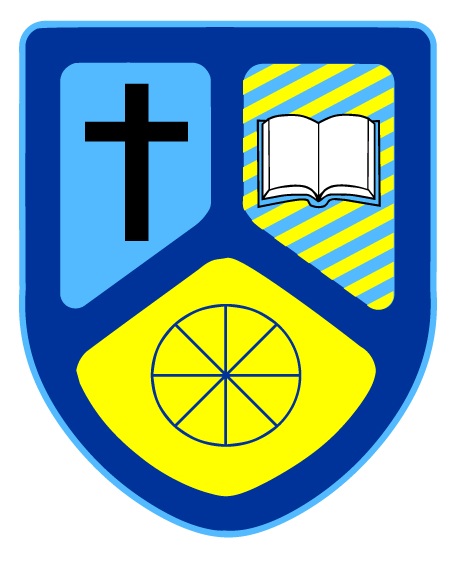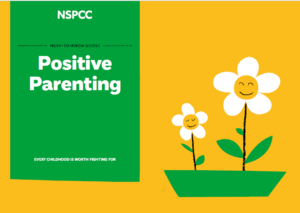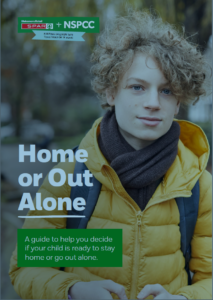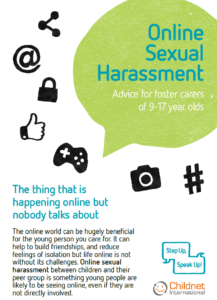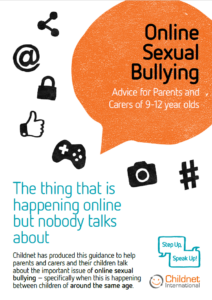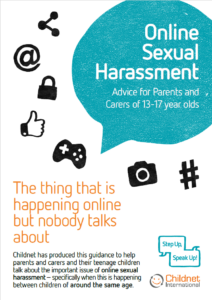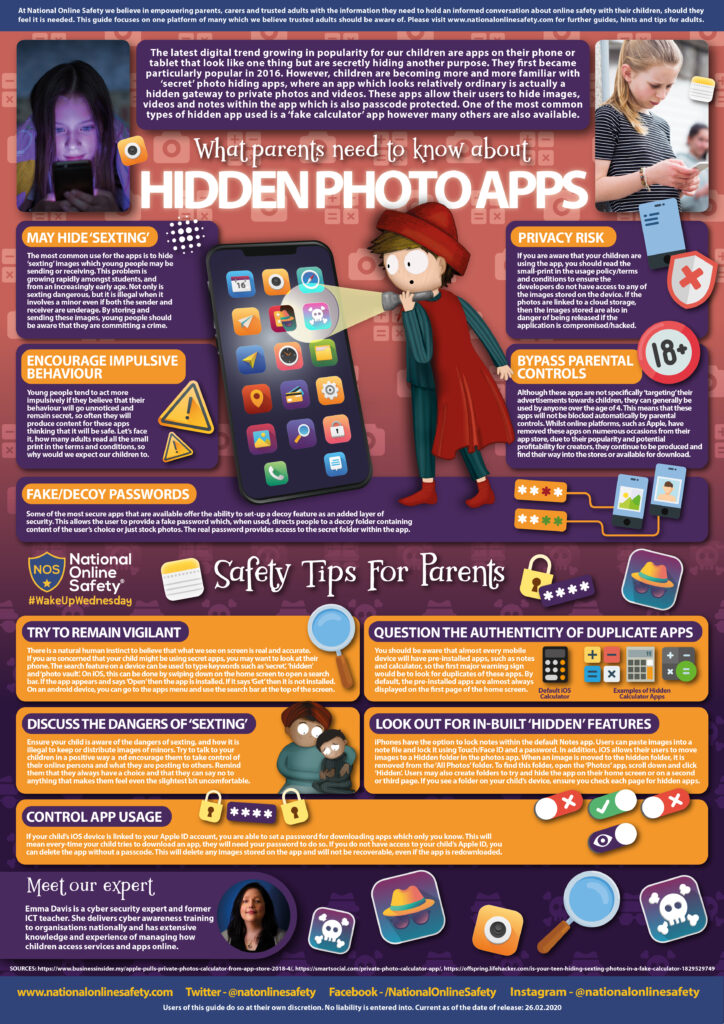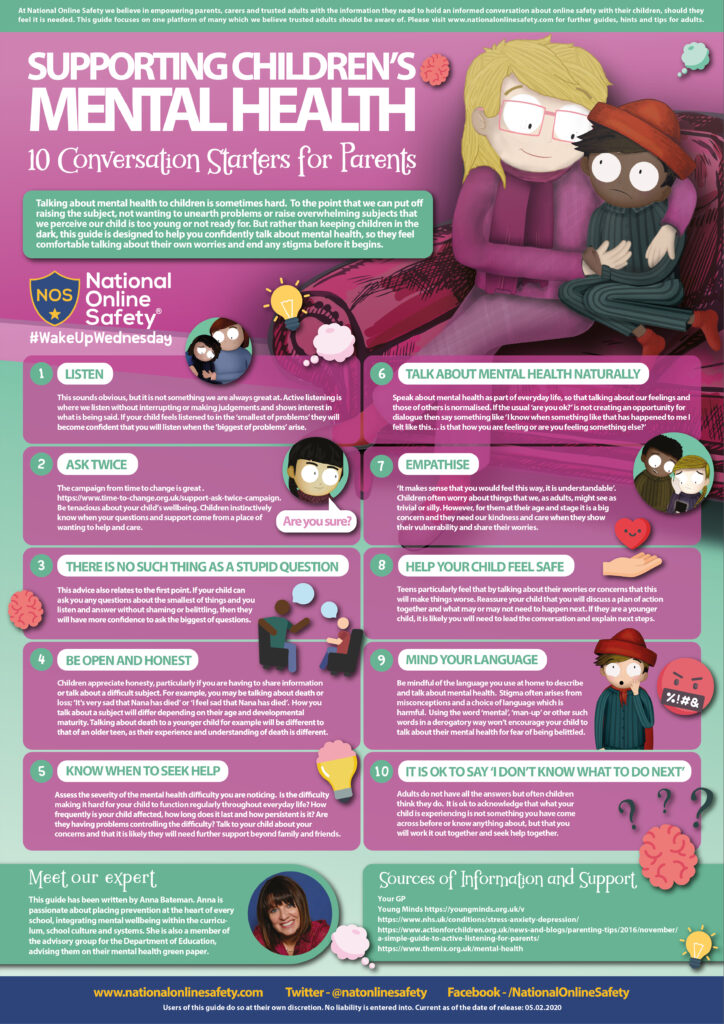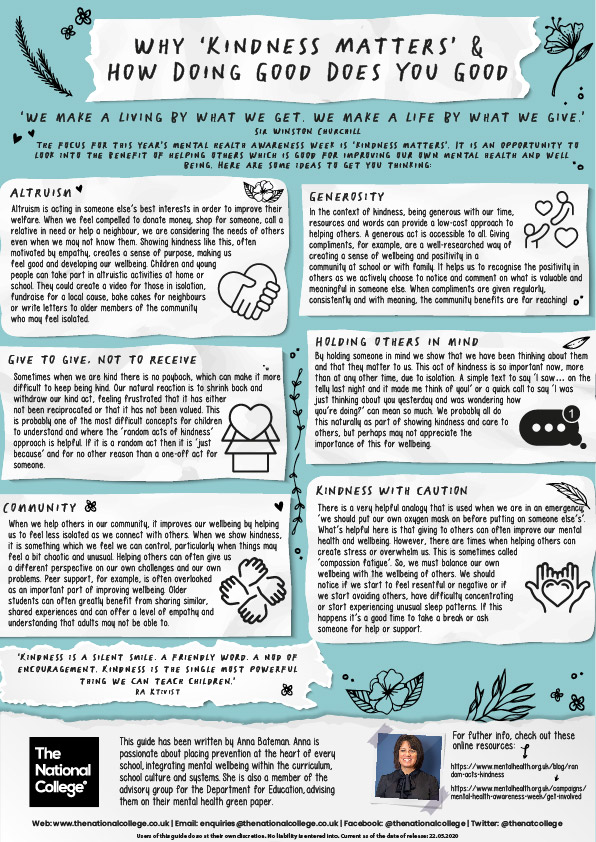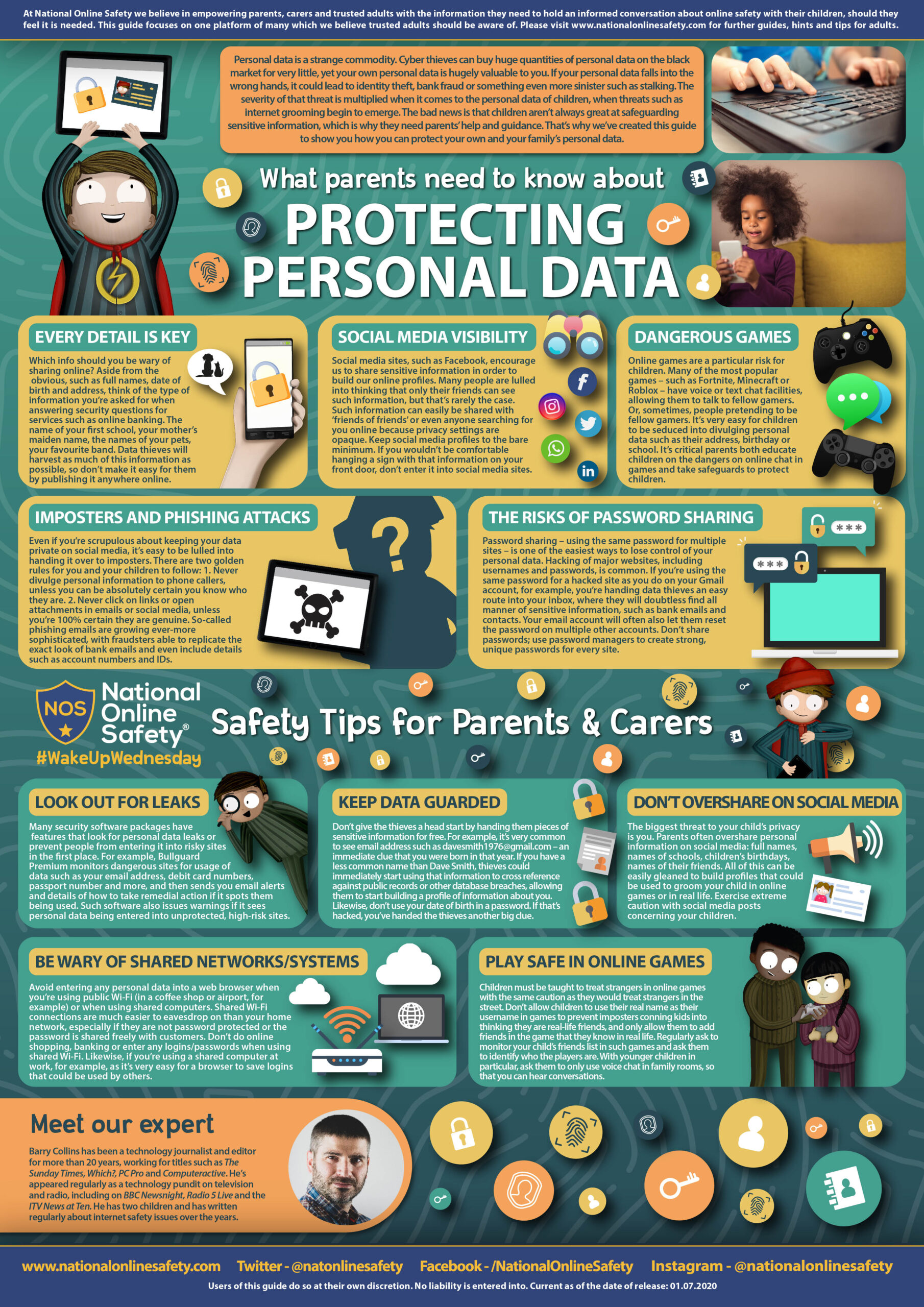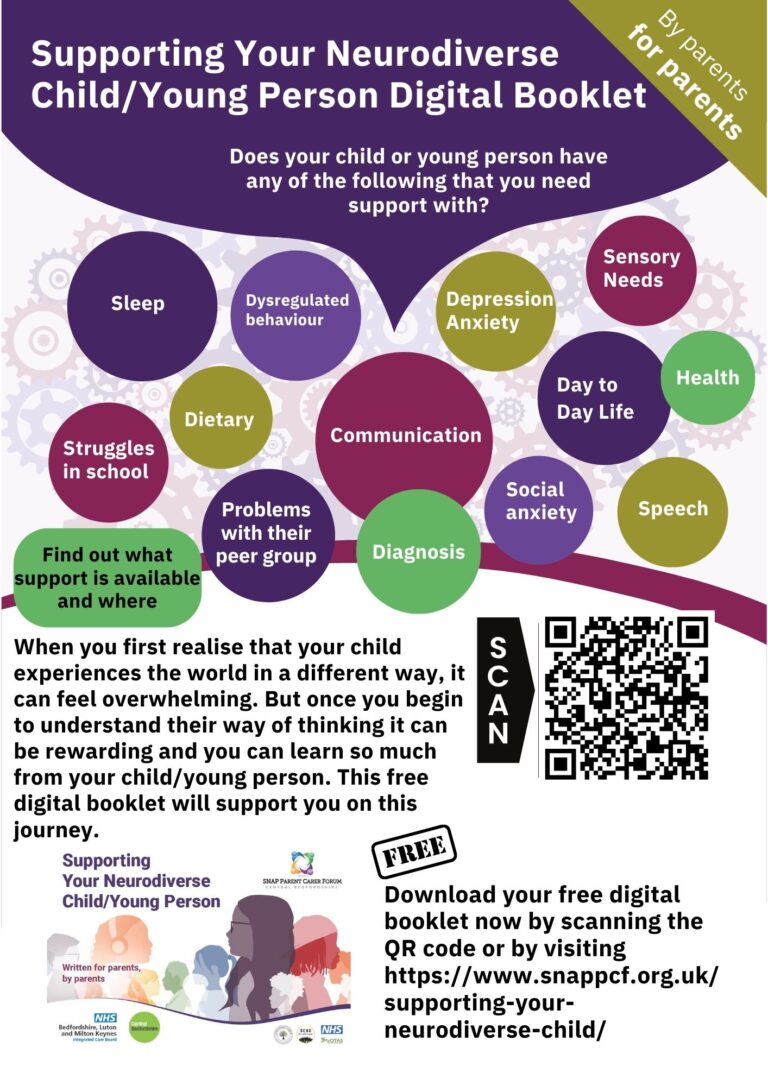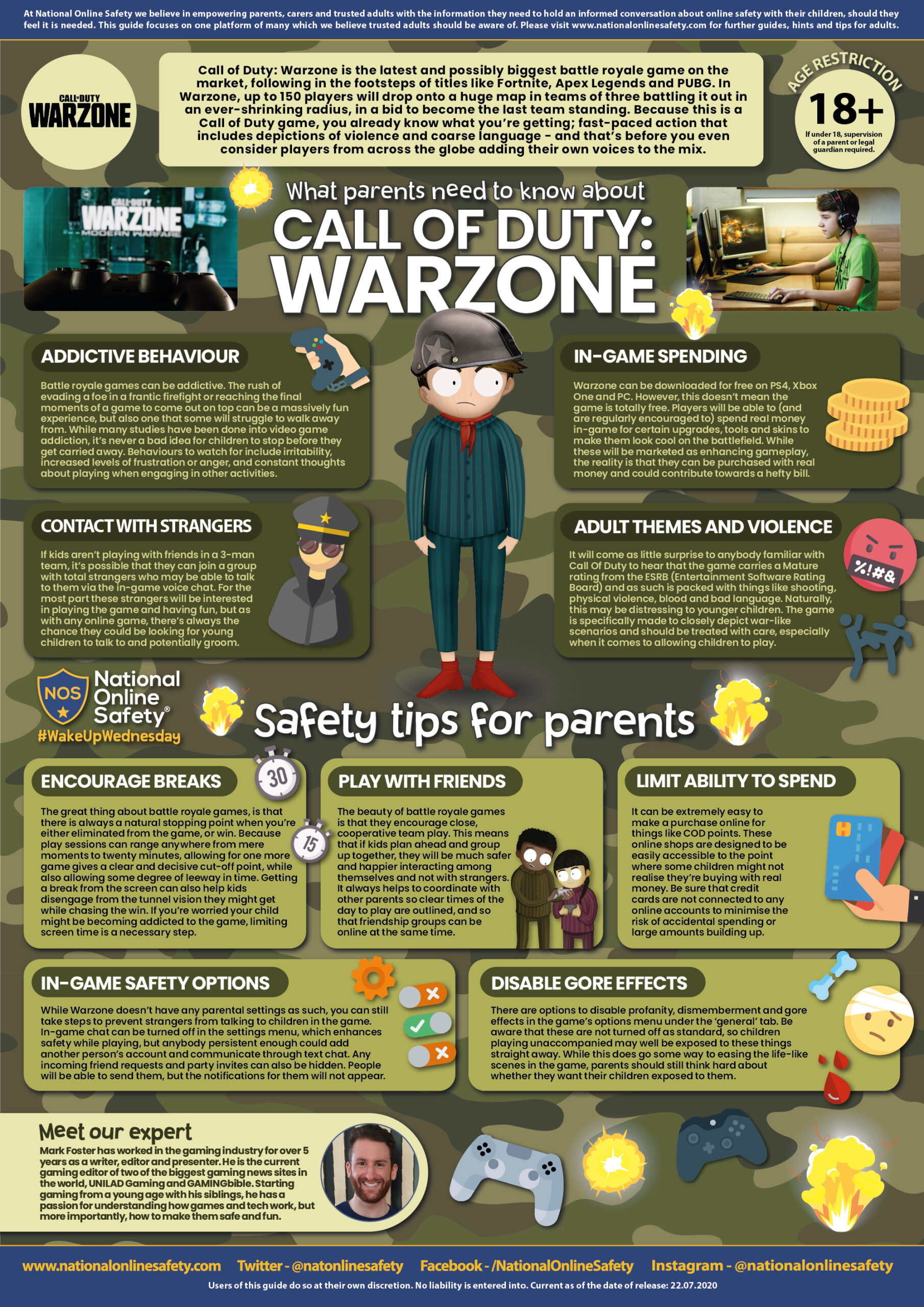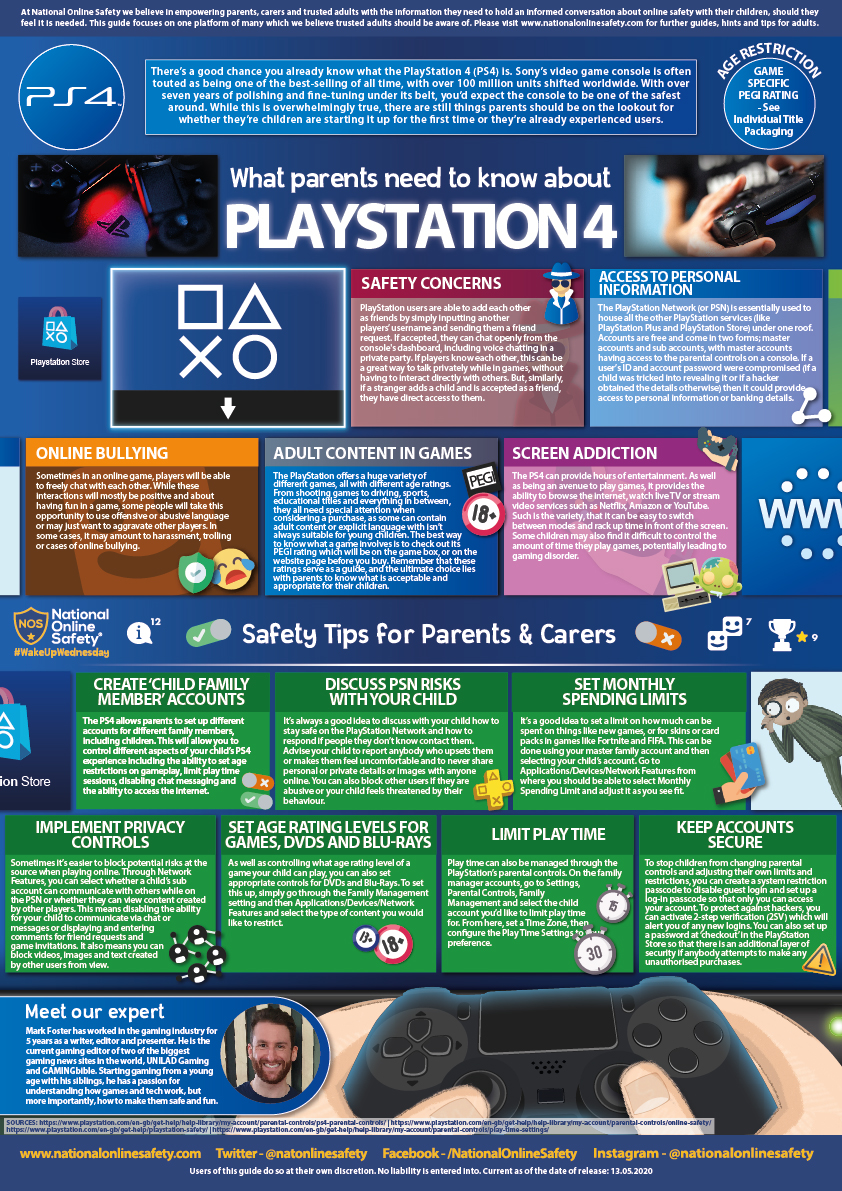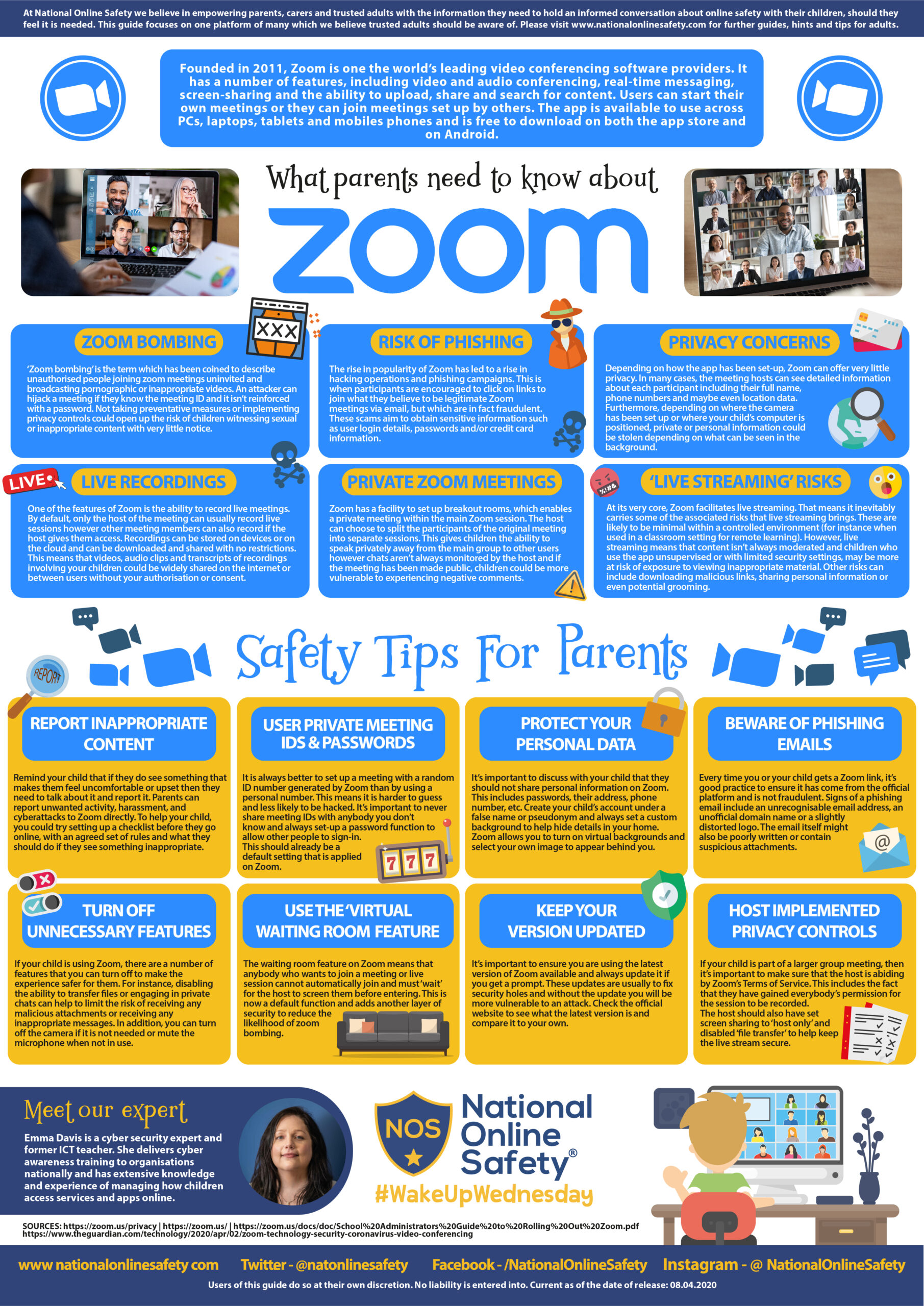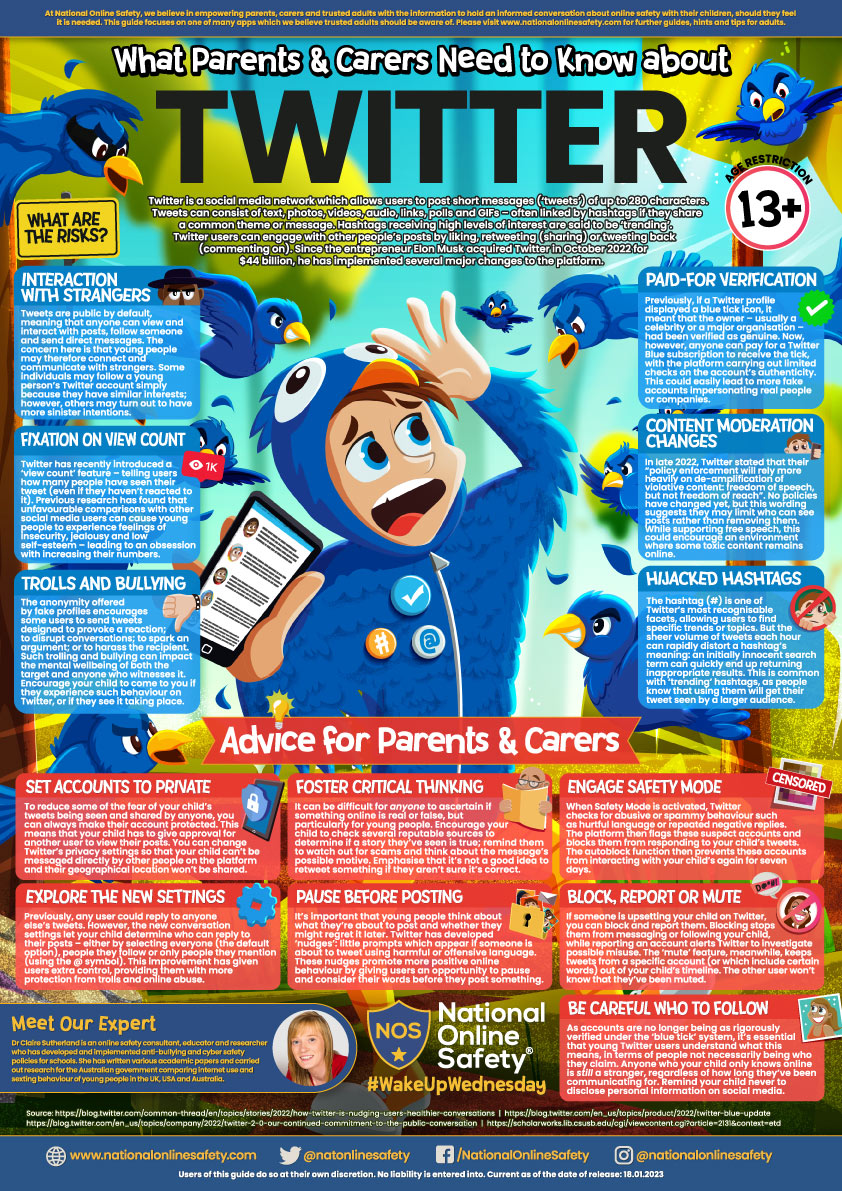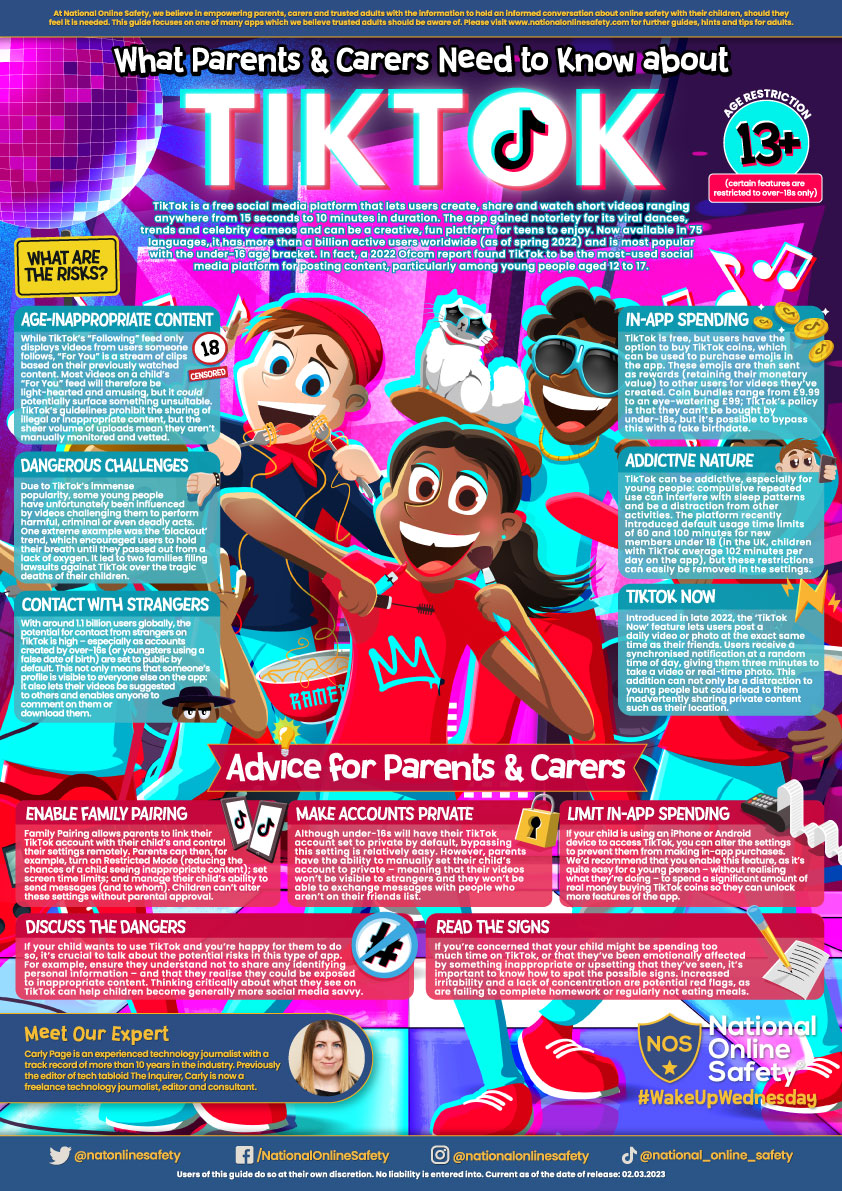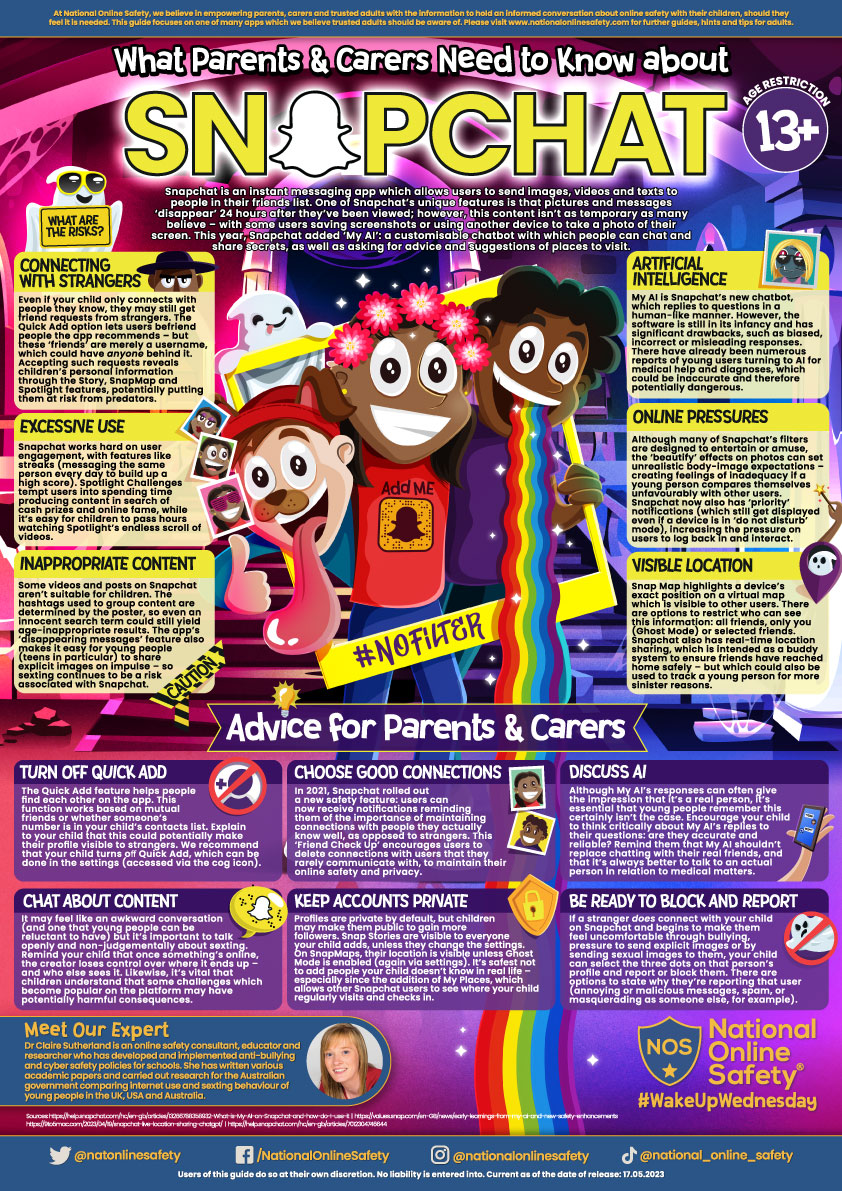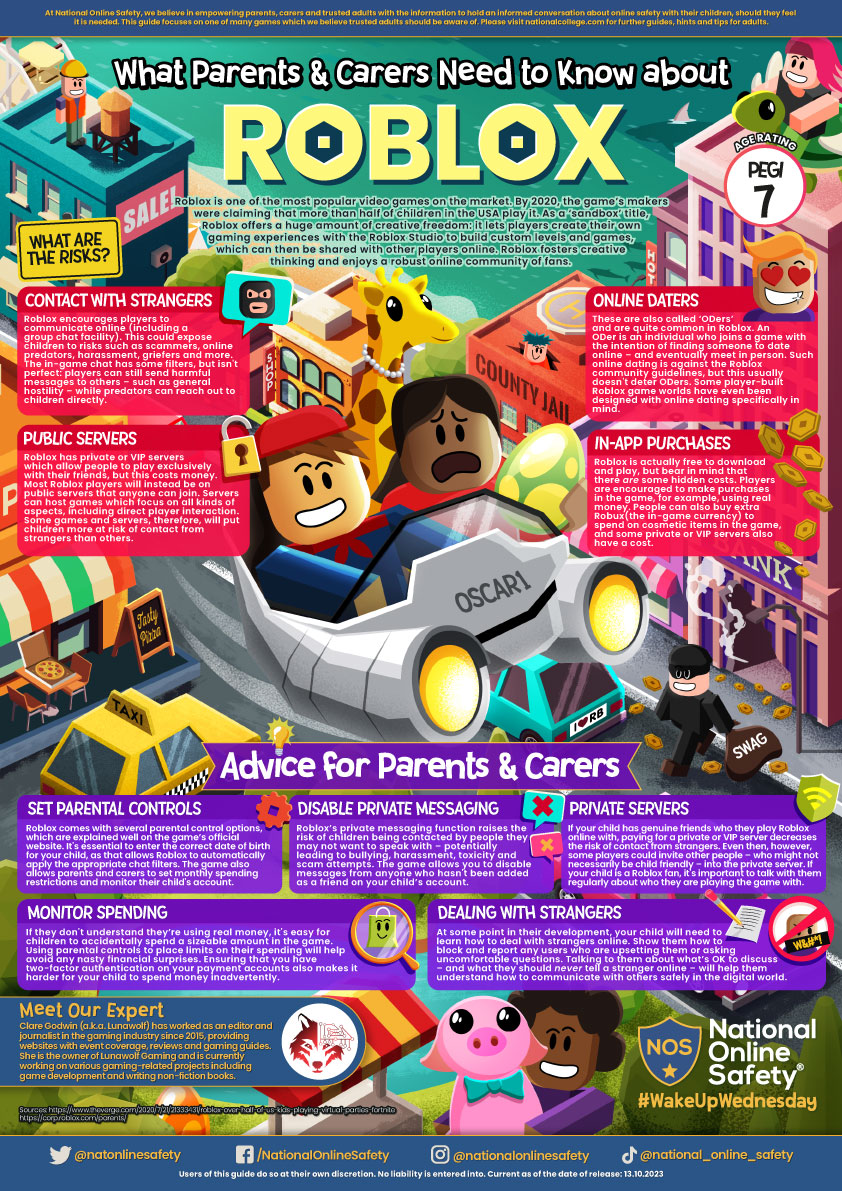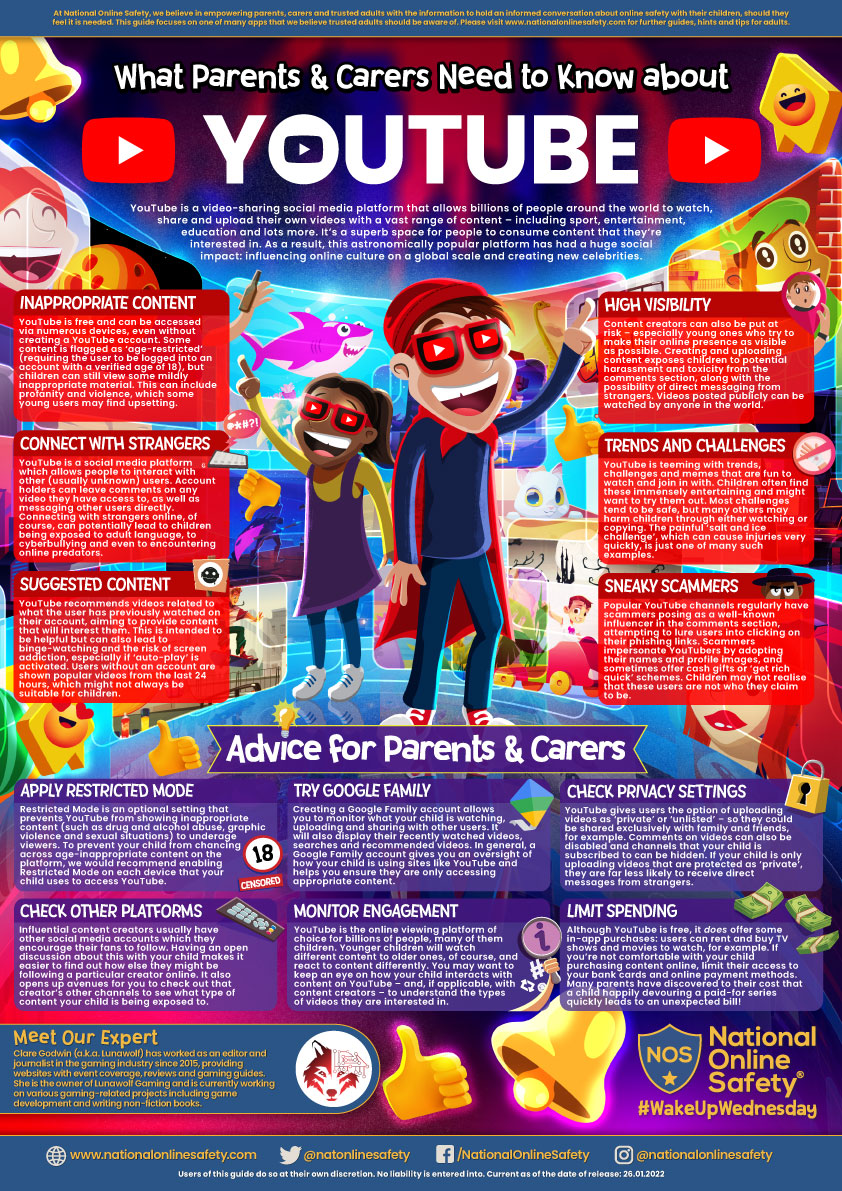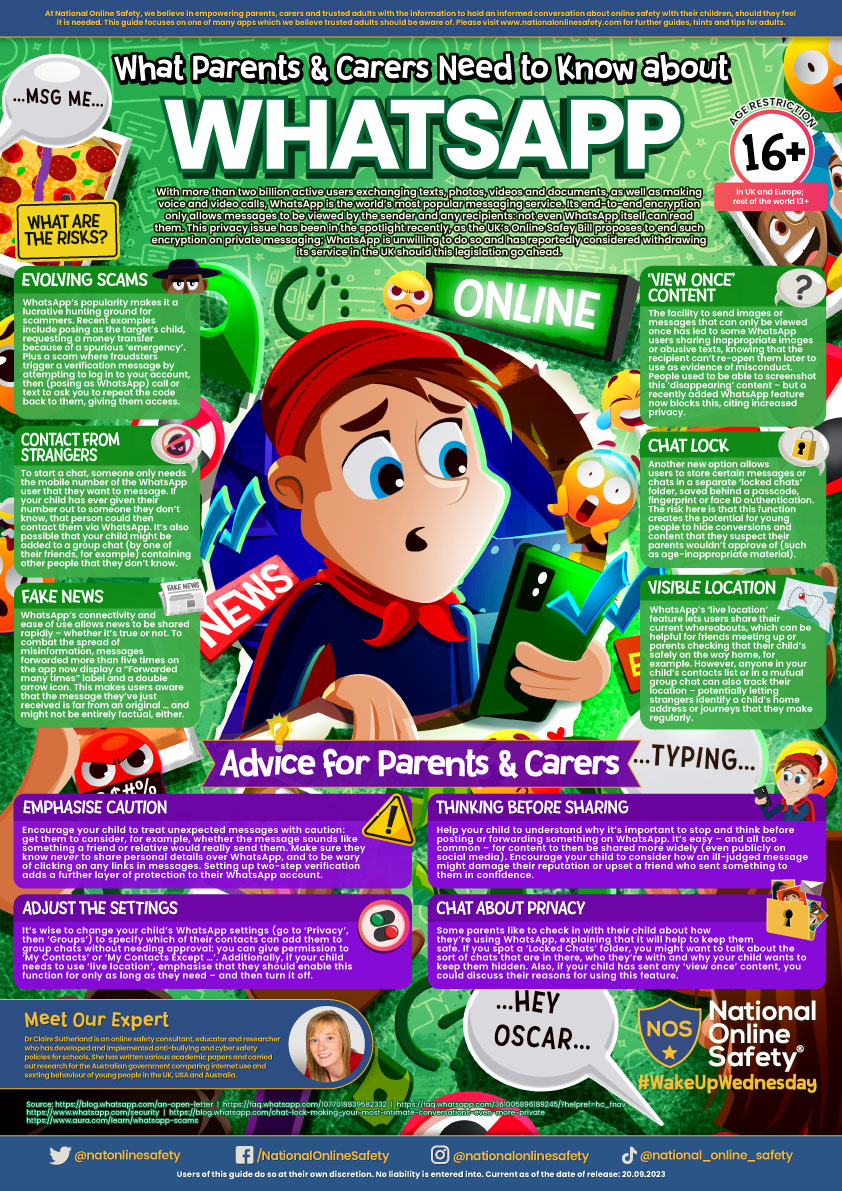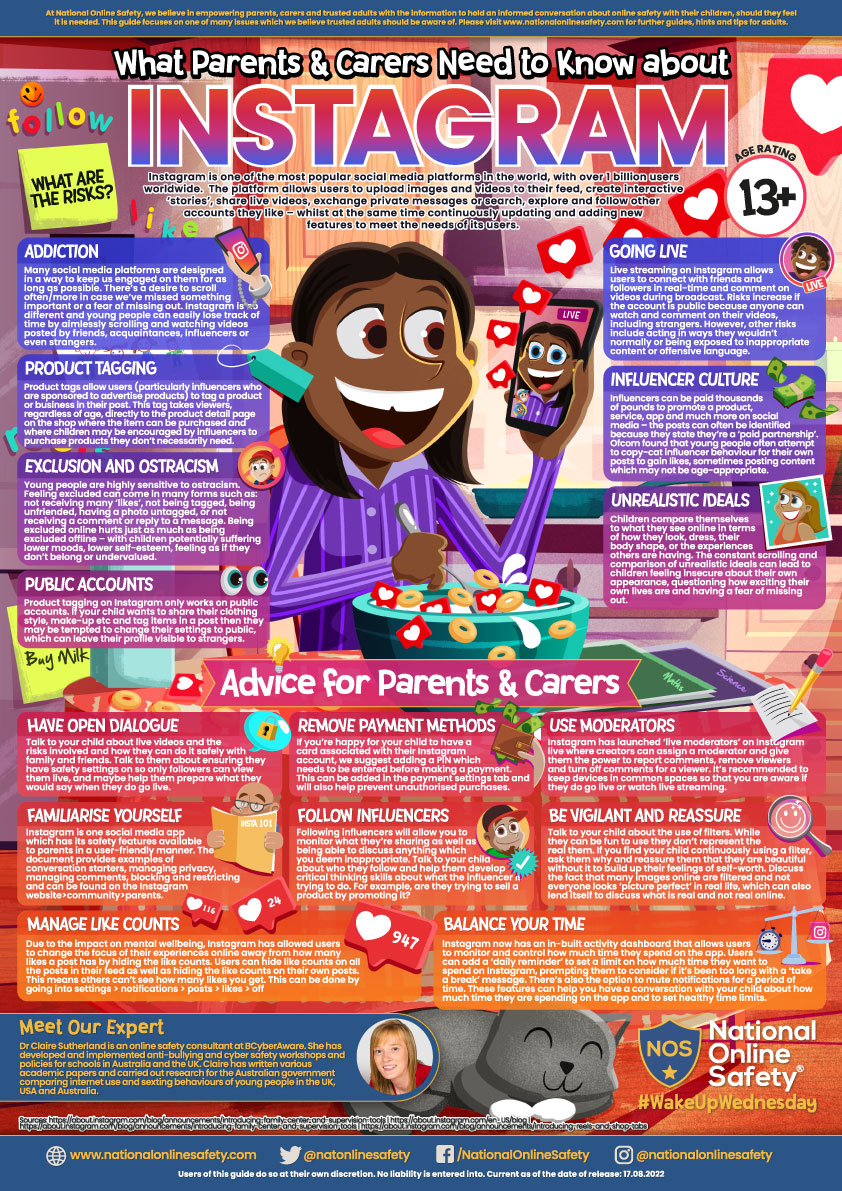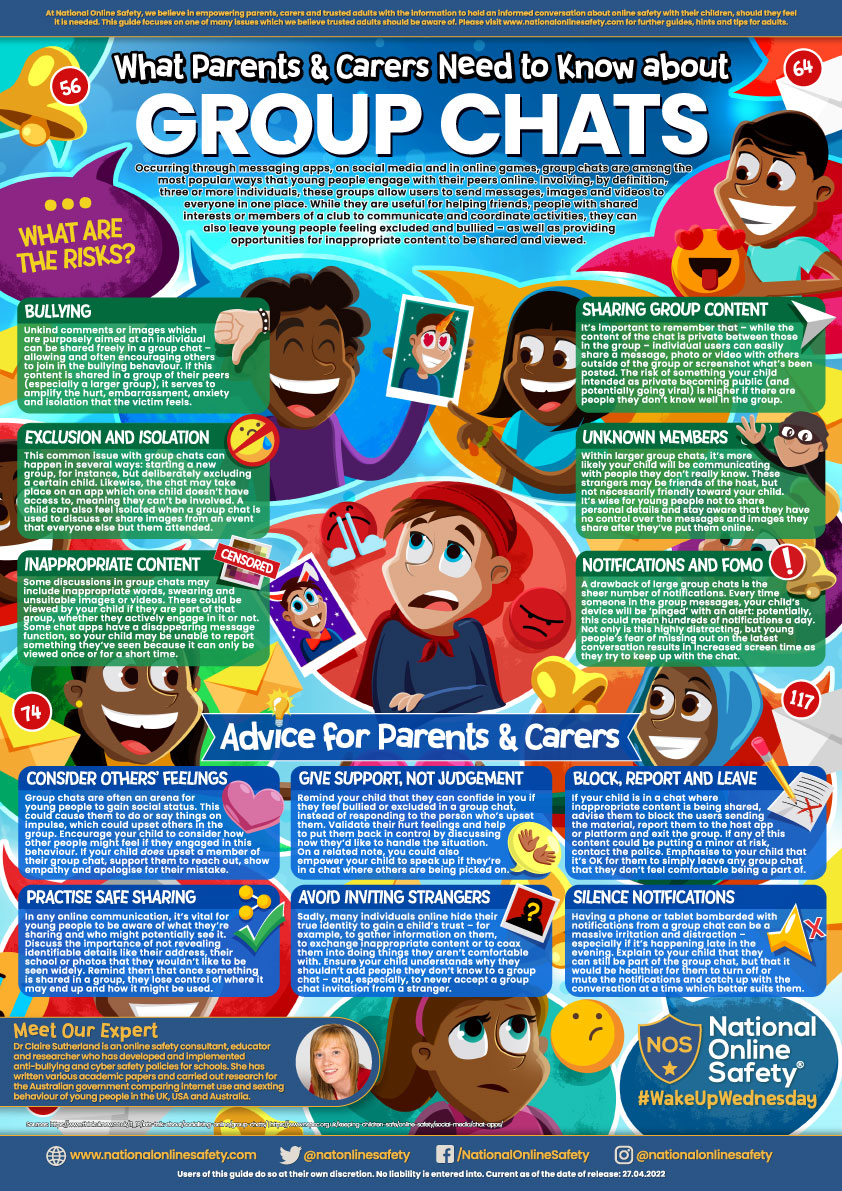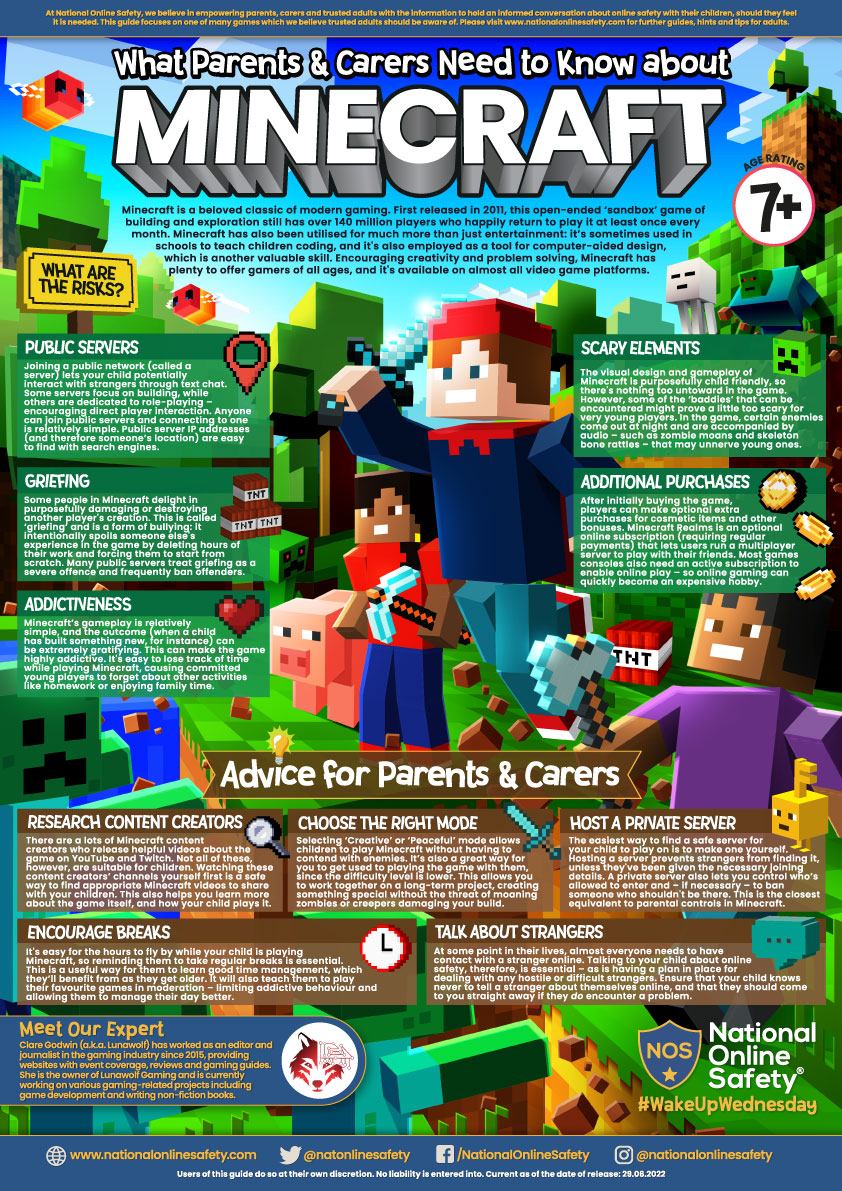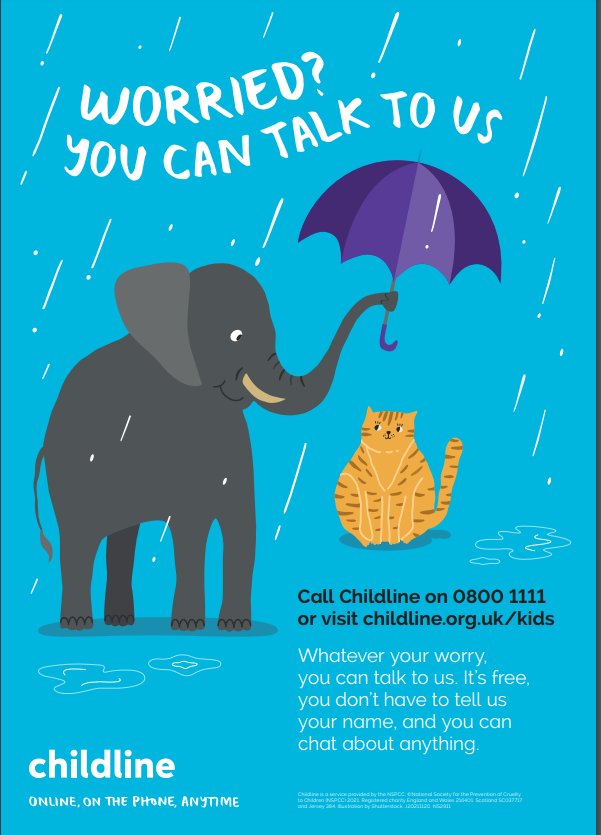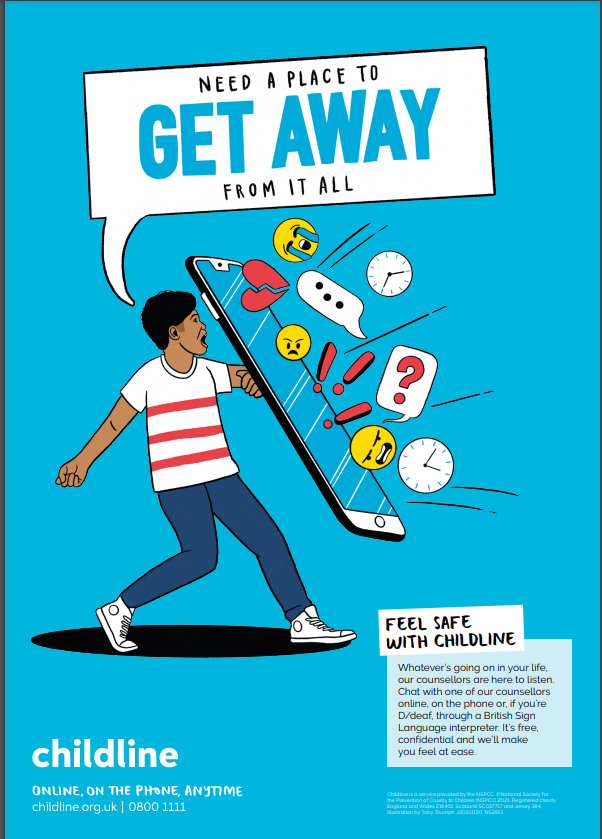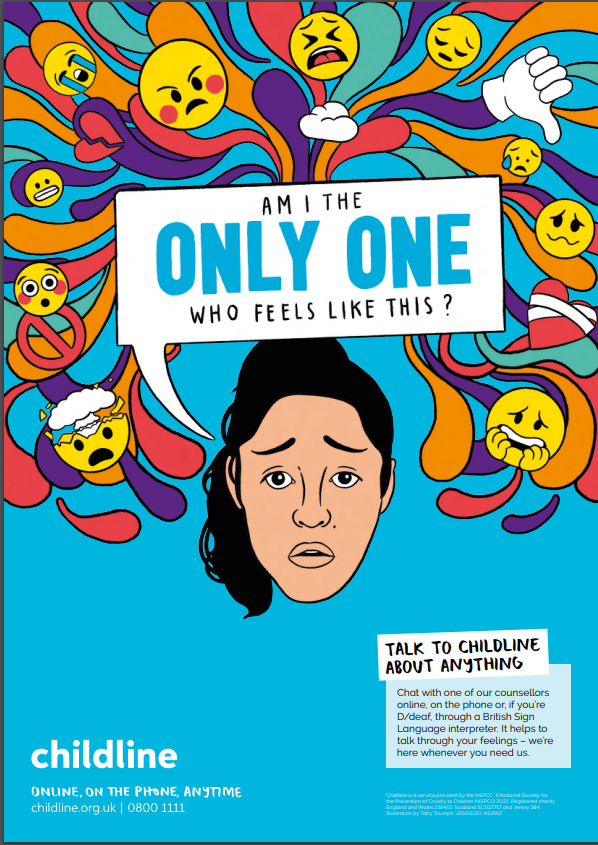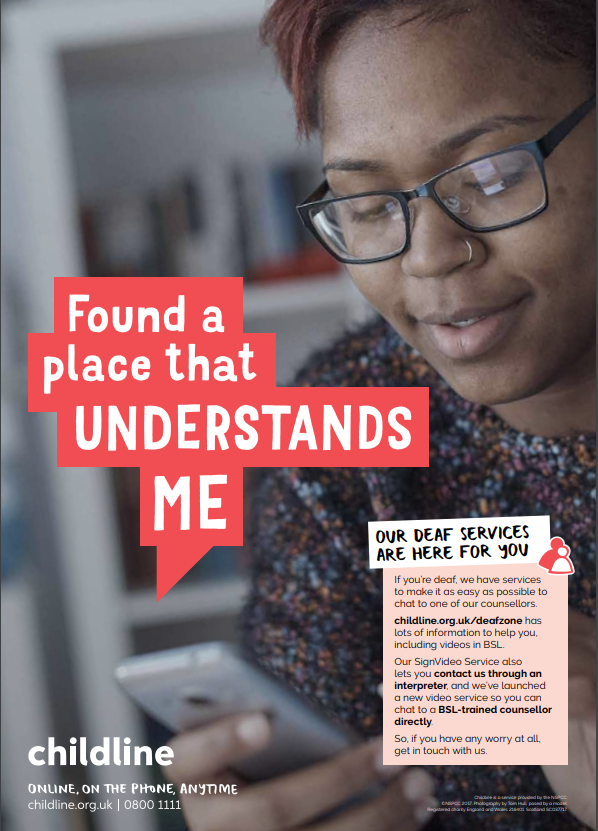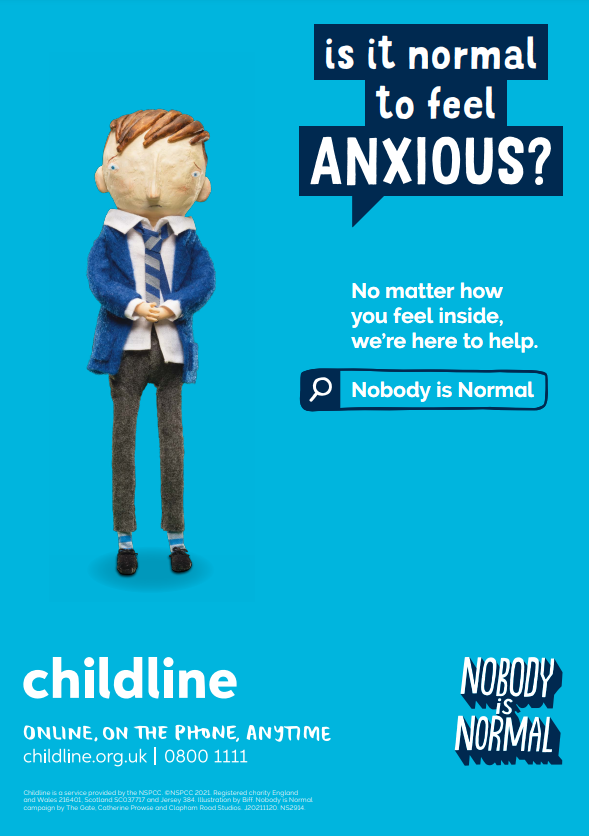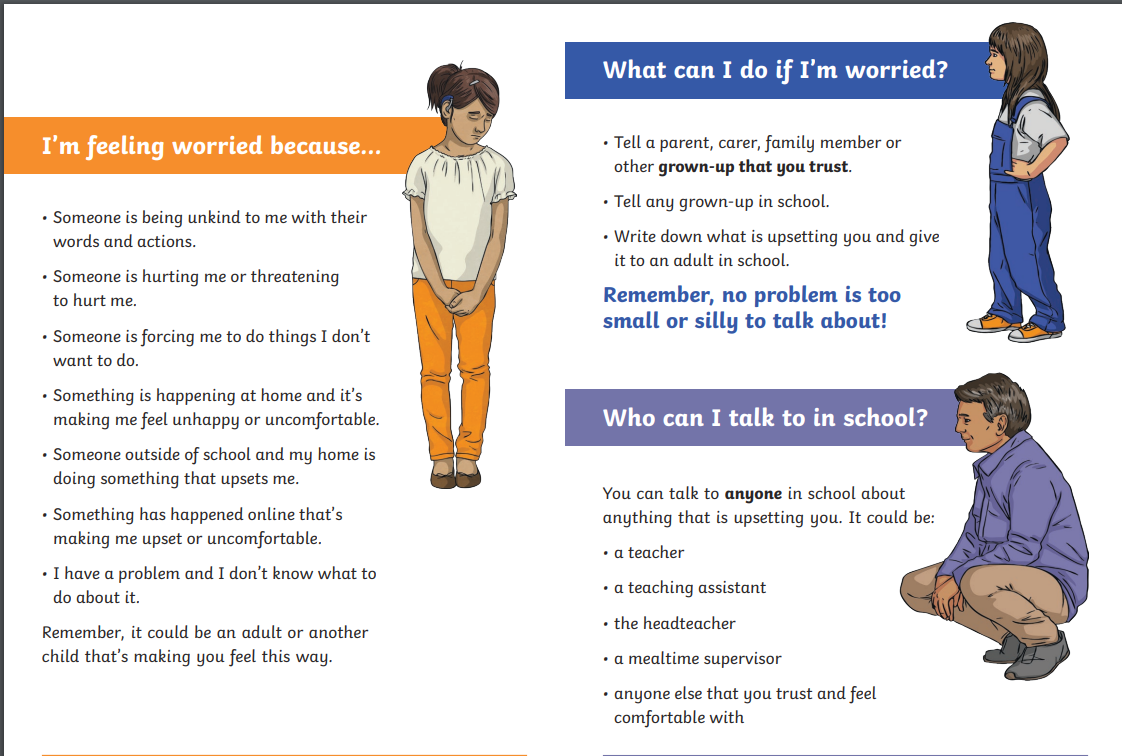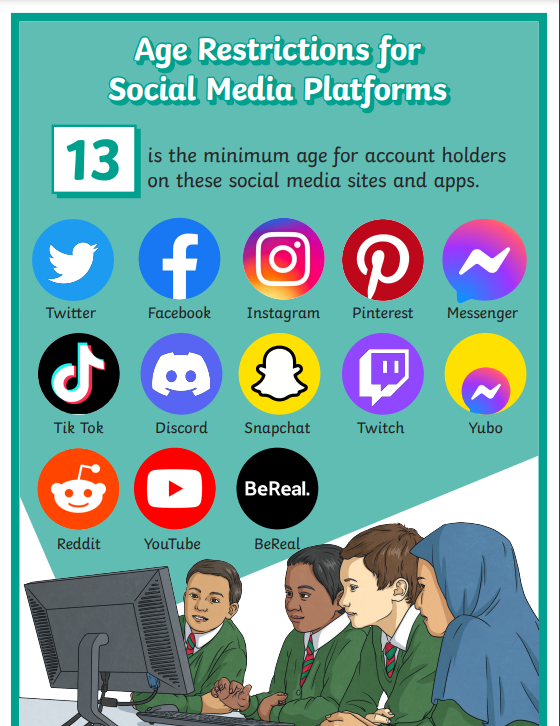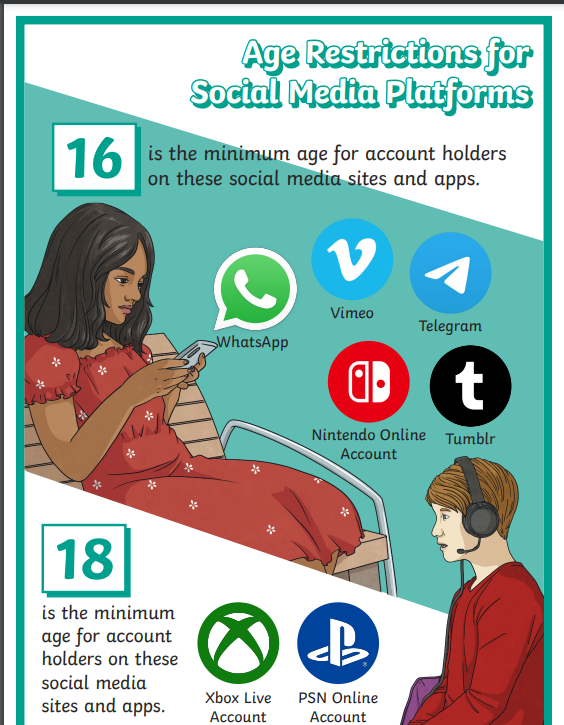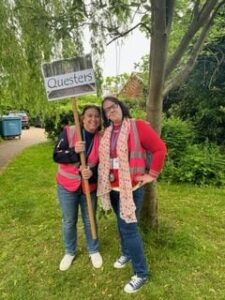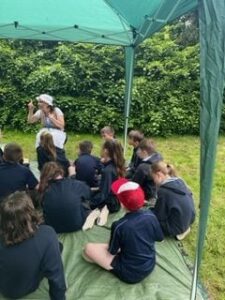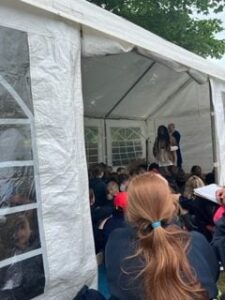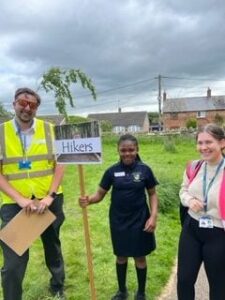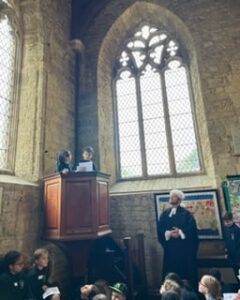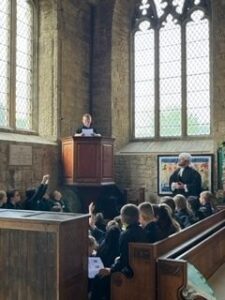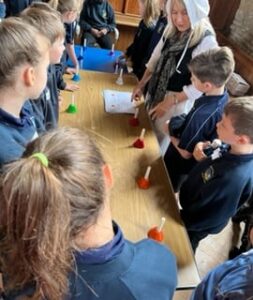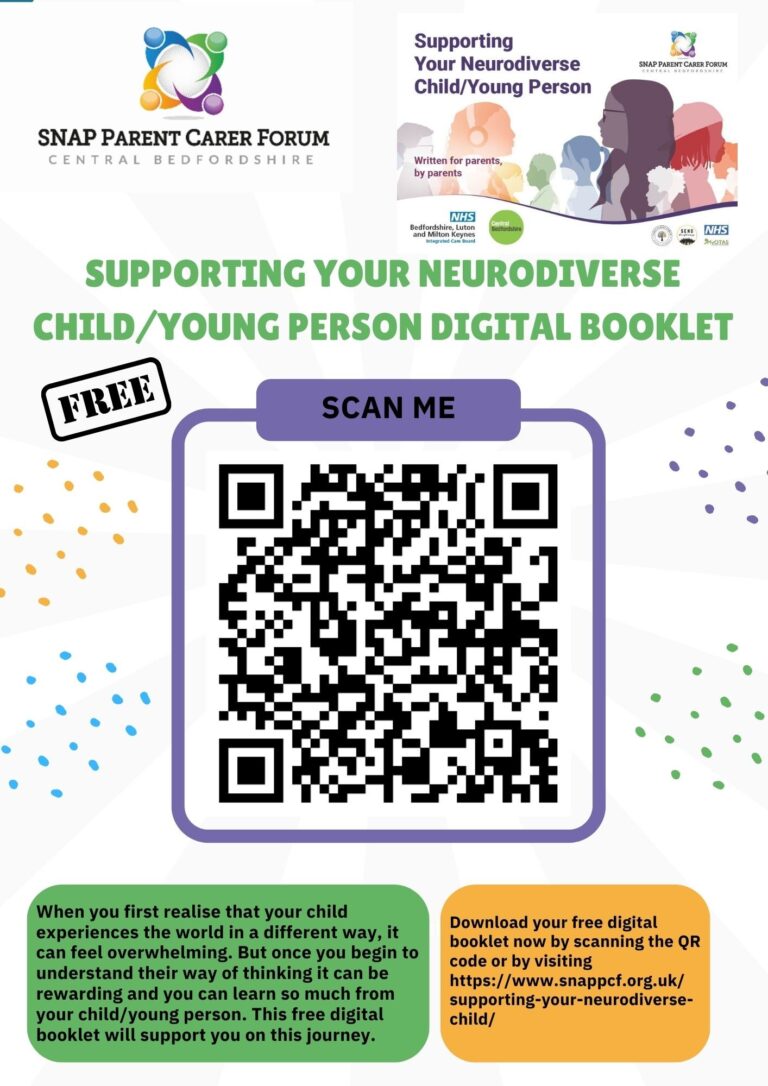
updated Bleed room Final Use QR code scan/download ND Free Digital Booklet poster/postcard – Postcard side 1 QR no download symbol ND Booklet Bleed room
SEND support
This is a guide for parents with learning disabilities that explains changes to the special educational needs and disabilities (SEND) system.
A copy is also available in the school reception area.
SEND code of Practice
Family guide to the SEND system in England
An_Illustrated_Guide_to_the_Children_s_Social_Care_National_Framework
January 2025- Safer Internet Day
KS3 Safer Internet Day 2025 Assembly
November 2024-Road Safety
November 2024-Online safety and social media
Nov 2023 Safeguarding assembly KS3
September 2024- How do we keep you safe? School is a safe place.
Pupil safeguarding assemblies September 2024 (1).pptx
June 2024- Community, water and summer safety
Safeguarding assemblies June 2024
March 2024- Child on Child Abuse, Bullying and Relationships
Child on Child Abuse March 2024.pptx
February 2024- Safer Internet Day
FINAL COPY SAFER INTERNET ASSEMBLY 2024
November 2023- Online safety and social media
Edward Peake C of E (VC) School strives to create a school community which is supportive and nurturing. We have developed a behaviour policy which places connections and relationships at the heart. This will allow pupils to thrive both socially and academically. Our
expectations focus on the Christian values of forgiveness and reconciliation.
A therapeutic approach focuses on understanding the behaviour and providing scaffolding to support the young person in resolving areas of concern.
Where areas of concern remain unresolved despite using a therapeutic approach, the graduated response can provide a framework for a graduated response.
All children deserve the right to an education, including those with social, emotional and behavioural difficulties.
Any child at any time could experience trauma which has an impact on them – we understand this and provide support to help children find new ways to manage how they feel
Nothing is ignored—where disruption occurs, steps are taken to reduce the risk of this happening again.
Our behaviour policy is structured to incorporate support for the child and family.
We know that behaviour changes when children are provided with certainty, not severity.


“God is our refuge and strength, an ever-present help in trouble.”
Psalm 46:1
The personal development and well-being of children remains a priority. Many children, for
an array of reasons need some form of intervention and support, above and beyond what is provided by teachers in the classroom, to overcome barriers to learning and barriers
to their personal development and well-being. Our Inclusion team works tirelessly to identify
these children and obstacles, and by working with them, their families and other agencies
attempt to address the challenges our young people face in achieving their potential.
Inclusion team aims
1. To develop resilience and encourage independence in our pupils.
2. To develop key skills for pupils’ future lives.
3. To empower young people to be individuals within the Edward Peake Community.
4. To provide an integrated approach to supporting barriers to learning.
5. To accelerate progress being made to establish an environment where all pupils are
supported and respected.
6. To appropriately challenge learners in order that they thrive academically and personally.
The Inclusion team is divided into two main areas: Social Inclusion and Learning Support.
ADD – Attention Deficit Disorder
ADHD – Attention Deficit Hyperactivity Disorder
ASC – Autistic Spectrum Condition
ASD – Autistic Spectrum Disorder
BSL – British Sign Language
CAF – Common Assessment Framework/Form
CAMHS – Child and Adolescent Mental Health Service
CAT – Communication and Autism Team
CCG – Clinical Commissioning Group
CCP – Consultant Community Paediatrician
CDC – Child Development Centre
C&L- Cognition and Learning
CLA – Child who is Looked After
CP – Child Protection
CYP – Child and young person
DBS – Disclosure and Barring Service
DfE – Department for Education
DLA – Disability Living Allowance
EAL- English as an Additional Language
EHCP – Education Health and Care Plan
EPS – Educational Psychology Service
HI- Hearing Impairment
HLTA – Higher Level Teaching Assistant
INSET – In-Service Education and Training
LP – Learning Plan
LO – Local Offer
MLD – Moderate Learning Difficulties
MSI – Multiple Sensory Impairment
Ofsted – Office for Standards in Education
OT – Occupational Therapy
PSP – Pastoral Support Plan
PD – Physical Difficulty
PMLD – Profound and Multiple Learning Difficulty
SALT – Speech and Language Therapist or Therapy
SEND – Special Educational Needs and Disabilities
SENCo – Special Educational Needs Coordinator
SENDIASS – Special Educational Needs and Disability Information Advice and Support Service (independent service)
SC – Social Care
SEMH – Social, Emotional and Mental Health
SFA – Schools Funding Agency
SLCN – Speech, Language and Communication Needs
SLD – Severe Learning Difficulties
SLT – Senior Leadership Team
S&PN – Sensory and/or Physical Needs
SpLD – Specific Learning Difficulty
TA – Teaching Assistant
TAC – Team around the Child
TOC – Time Out Card
TYS – Targeted Youth Support
VI – Visual Impairment
YP – Young People
